Dasha, a content creator in New York City, recently embarked on an exciting new chapter in her life. After getting married to an American and giving birth to their daughter, Dasha decided it was time to expand their living space and move out of the bustling city. Their journey from apartment dwellers to homeowners might offer some insight for anyone considering a similar path, especially those navigating the complex American real estate market for the first time.
"I worked in the New York city. Then got married to an American and gave birth," Dasha explained, setting the stage for their life-changing decision.
Choosing the Right Location
The couple's primary criteria for their new home included proximity to New York City, good schools for their child, and more space. They focused their search on areas within a 40-50 minute commute to the city center, balancing their desire for a suburban lifestyle with the need to maintain ties to the urban core.
As Dasha explains, "We started our search through finding a good school for the child... We were looking at public schools and their ratings."
They ultimately settled on a suburb in Westchester that met all their requirements. "It's great, because it's close to the City, about 40 minutes by train to the central area. And very comfortable to get there," Dasha shared.
Living in the Suburbs
The family has found their new suburban life to be a pleasant surprise, offering a stark contrast to their previous city living experience. Dasha appreciates the abundance of space and the variety of activities available for families. "There is a lot of space, there are a lot of different organizations for children and parents," she noted.
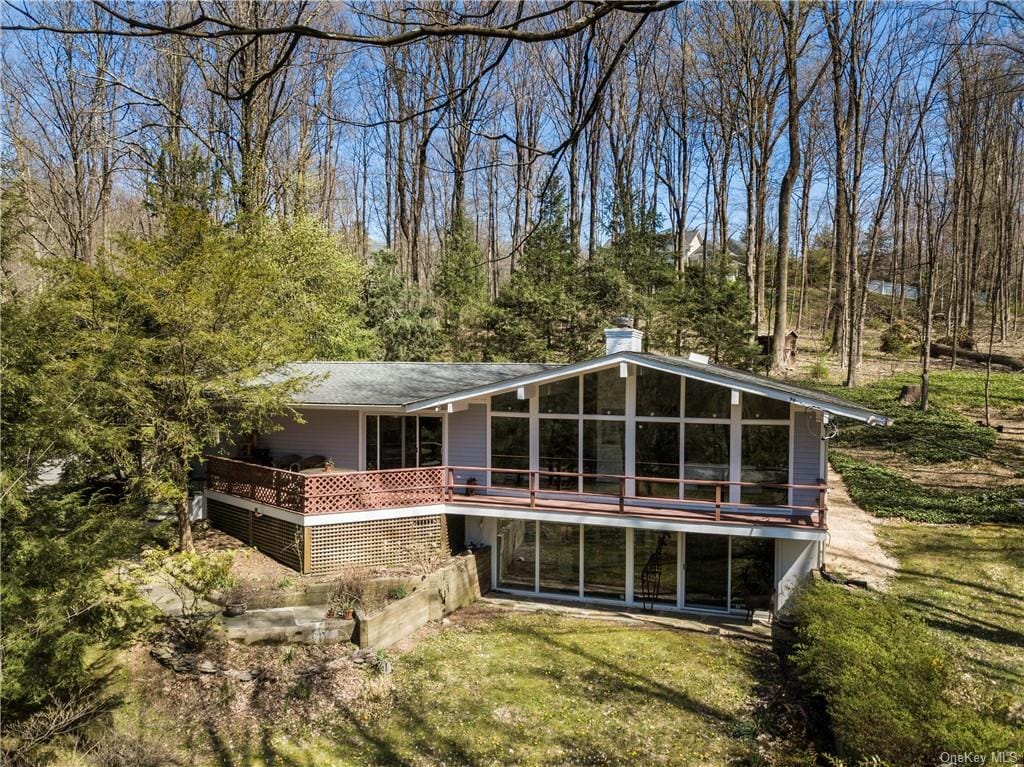
The proximity to amenities has also been a highlight, dispelling their initial concerns about suburban isolation. "Everything is minutes away... Where we buy groceries, shop around. I like it very much, that is, there are a lot of places from restaurants," Dasha enthused. This accessibility has made the transition from city to suburban life smoother than anticipated.
However, the transition hasn't been without challenges. The need for a car has been a significant adjustment for Dasha, who was accustomed to the extensive public transportation network in New York City. "It is impossible to survive without a car. Actually, we don't have anything available... It is convenient for a woman to quickly [have a] car," she explained. This shift from relying on subways and taxis to becoming car-dependent was initially a shock for Dasha. "I was used to taking a subway, or a cab here and there," she admitted.
The Home Buying Process
Dasha and her husband utilized online resources to begin their home search, a common starting point for many modern home buyers. "We began to look online on such sites as... Zillow, for example," Dasha recalled. They found this helpful in narrowing down their options based on their preferences and budget.
Interestingly, while many home buyers in the U.S. work closely with realtors throughout the process, this family took a more independent approach. "No one helped me," Dasha stated. However, they did interact with realtors to some extent. "Yes, in general, you must have a realtor on call, but at the end we figured the whole thing ourselves."
The role of realtors in their process seemed to be more focused on facilitating the transaction once they found a property they liked, rather than guiding the entire search process. This approach may differ from the traditional American home-buying experience, where realtors often play a more central role from start to finish.
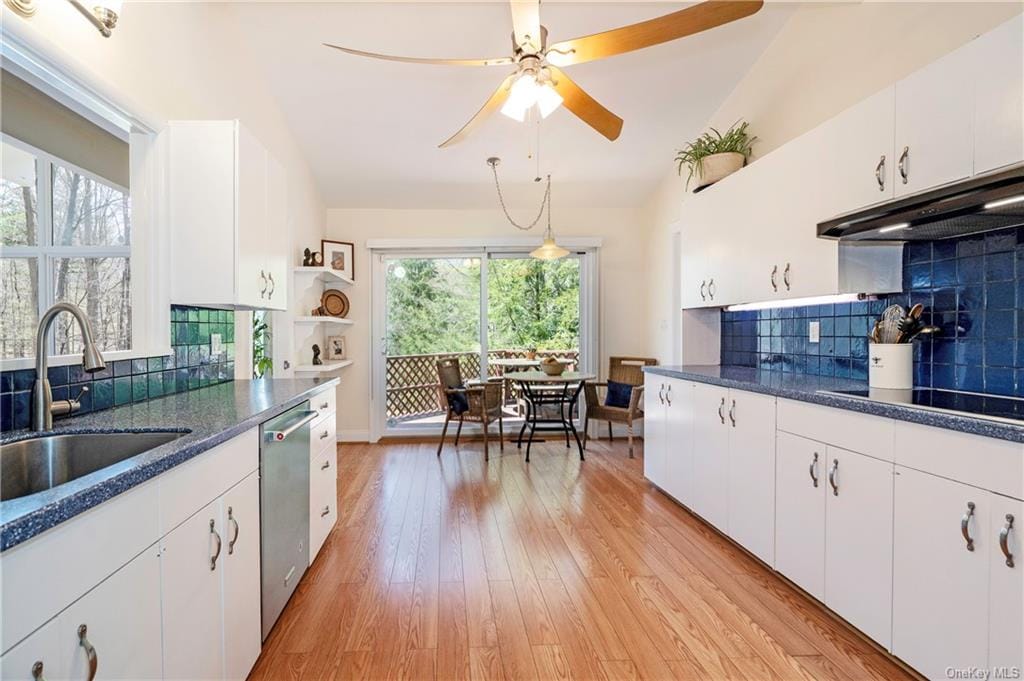
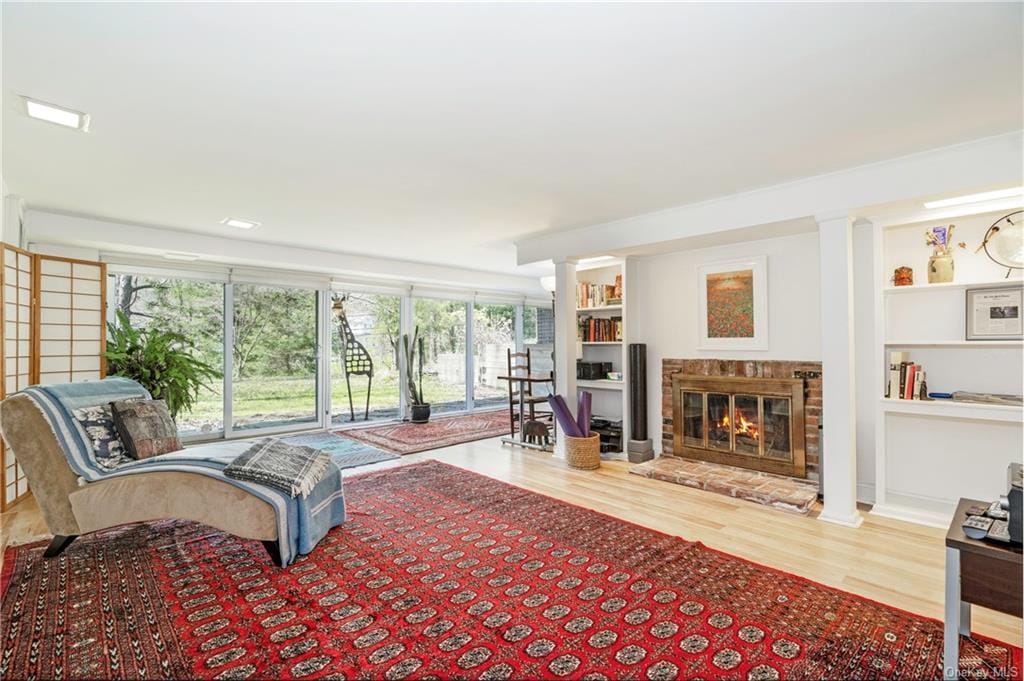
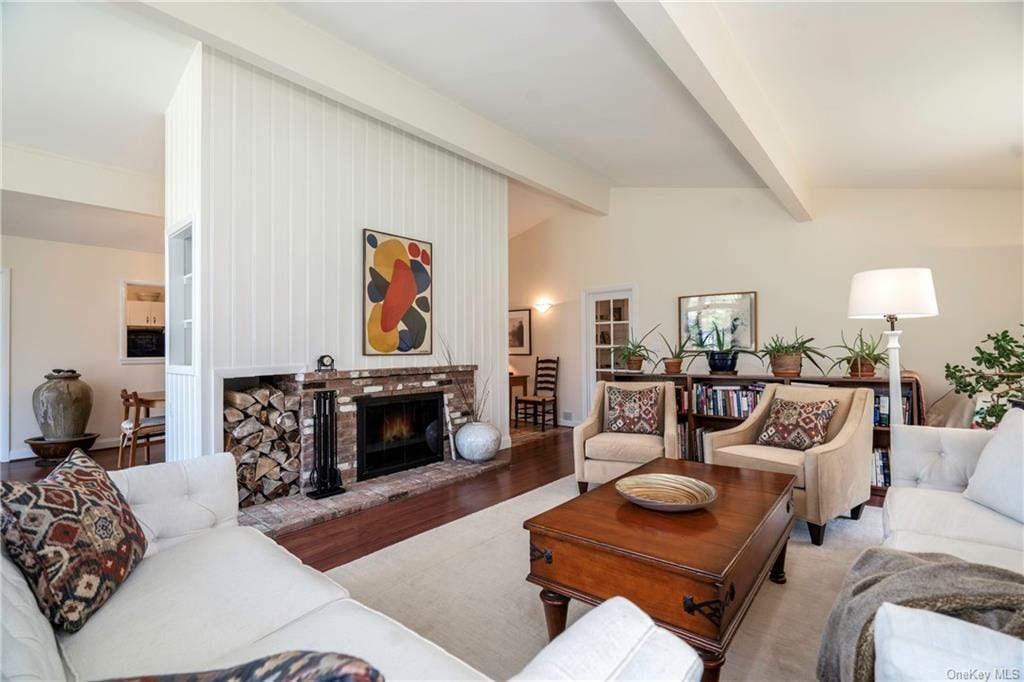
Views of the interior
The couple moved quickly when they found a house they liked, reflecting the competitive nature of the real estate market. "We literally just drove in," Dasha said. They made an offer almost immediately after viewing the property.
Services Used and Settling In
The family was in a unique position to make a cash offer, which expedited their purchase process. "We were more flexible... that was also our advantage," Dasha explained. This flexibility allowed them to close on the house rapidly, with the entire process taking just two months from offer to ownership. This quick timeline is not typical for many home purchases, especially those involving mortgage financing, which can often take longer due to additional steps and approvals required by lenders.
However, Dasha emphasized the importance of understanding all associated costs, particularly property taxes. "It is important to study what taxes will you be [paying] when planning the budget for this house because it will be an annual fee," she advised. This focus on long-term financial planning is crucial for sustainable homeownership.
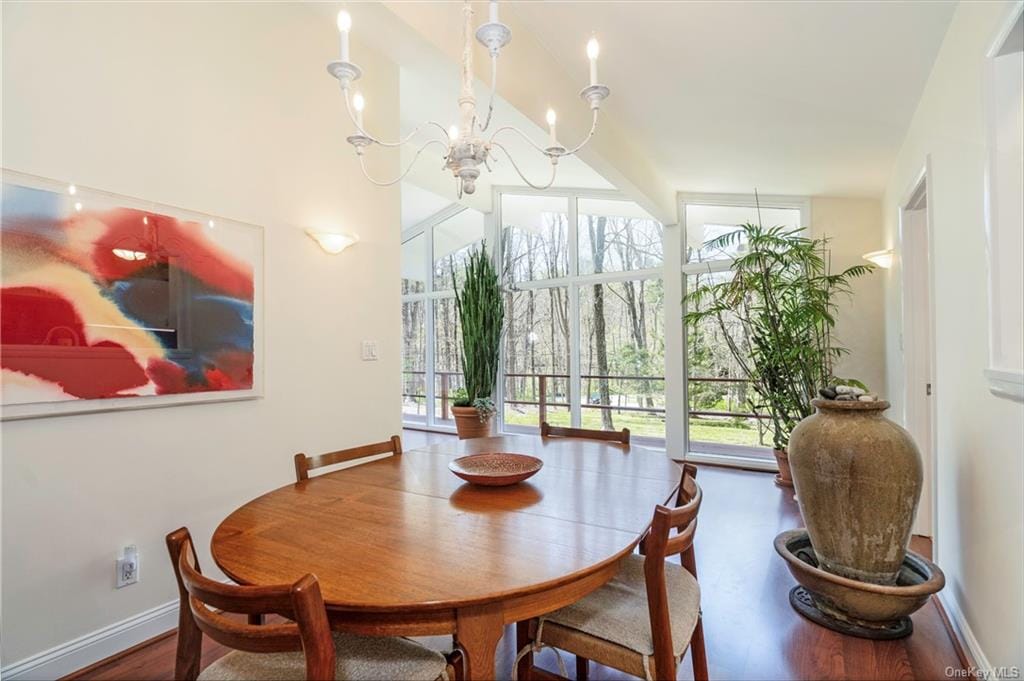
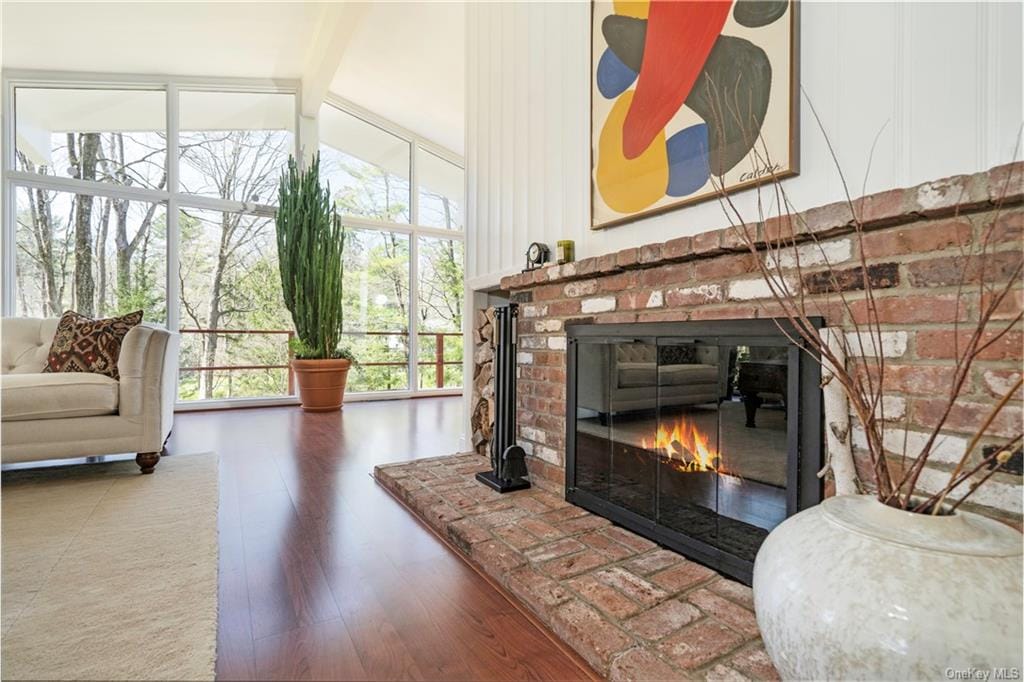
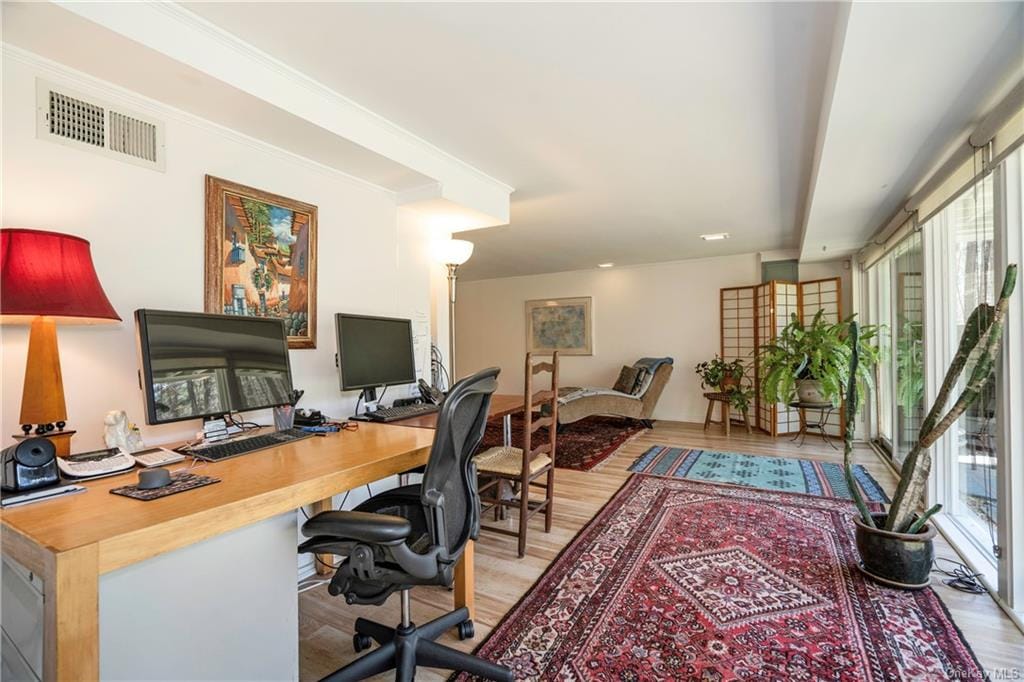
Views of the interior
To get accurate information about property taxes, Dasha and her husband took a proactive approach. "We needed to contact the city council," she explained referring to contacting the local tax assessor's office or municipality to get detailed information about how property taxes are calculated and assessed in their specific area.
Dasha highlighted a particularly important point about property tax assessments: "For example, if people buy property from them, it will depend on the price they bought the house, that is, they must clarify this point, too, once we planned budget planning."
As they settle into their new home, Dasha and her family are enjoying the benefits of suburban living while adapting to the changes. Dasha's final piece of advice is to be prepared for the responsibility of homeownership. "We will need to do some future planning," she said about potential renovations and maintenance. This includes being ready for unexpected expenses and the ongoing work required to maintain a home.




